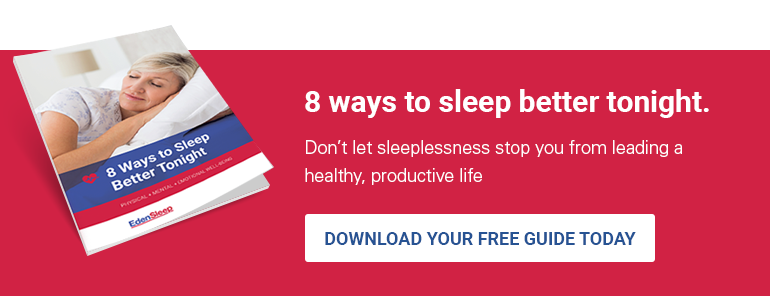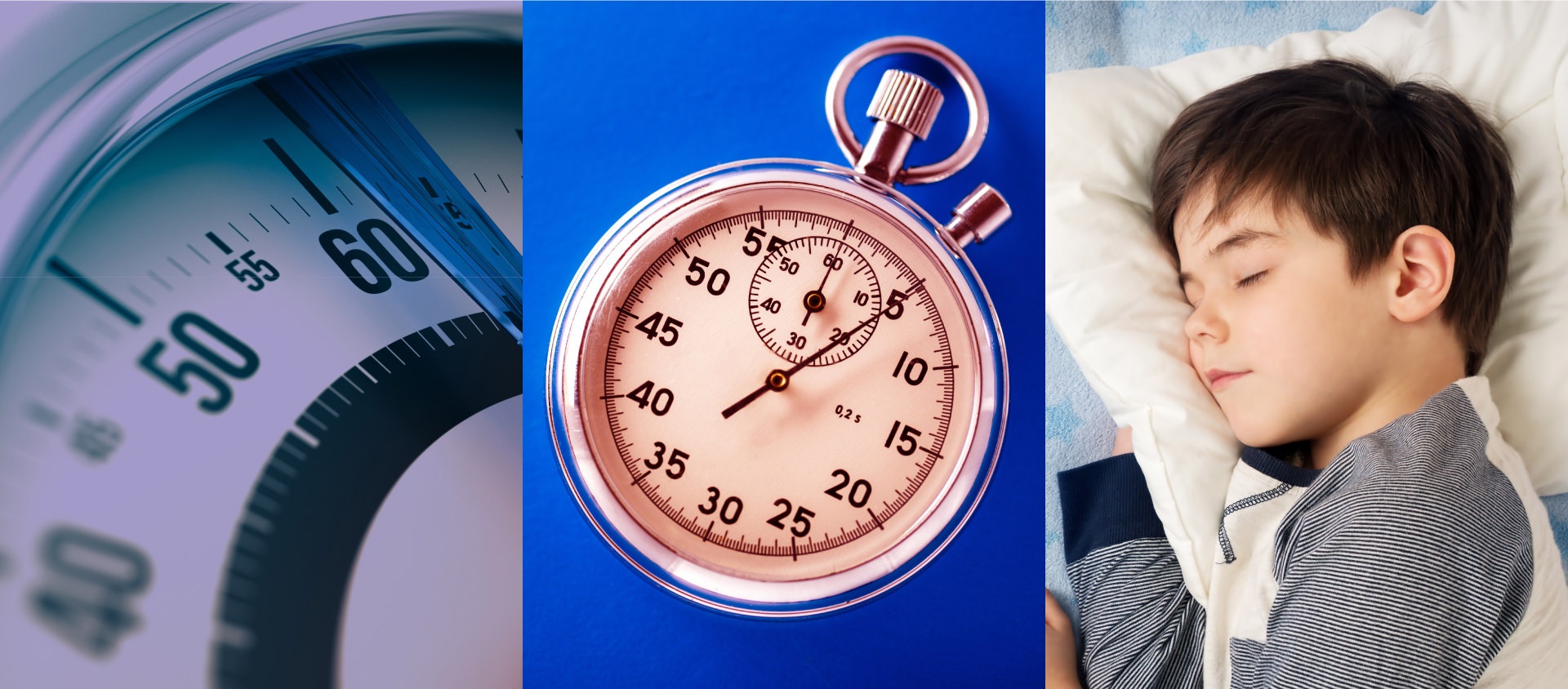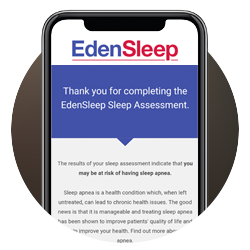3. The more I sleep, the better I feel!
Have you ever slept for a long time – perhaps even longer than eight hours – only to wake up feeling surprisingly tired?
While you might think that you’ll feel more refreshed by oversleeping, research indicates otherwise.
Experts suggest that adults should typically clock up between seven and nine hours sleep each night. Getting too much shut-eye has even been linked to a host of medical problems, including diabetes and heart disease5! The key is getting a healthy balance of sleep.
The moral of the story? More sleep is not always the solution to your sleeping problem.
4. Sleep apnea only affects adults
Unfortunately, that’s not true. Sleep apnea can actually affect up to 3 per cent of children6.
The most common cause of snoring and sleep apnea in children is larger than normal tonsils and adenoids, however weight can also be a factor7.
If your child snores, take note. A child with sleep apnea usually snores loudly on a regular basis, takes pauses, gasps and snorts throughout their sleep and can be found restless or sleeping in an abnormal position8.
If your child fits this criteria, complete our online sleep assessment as a first step.
5. I won’t be attractive to my bedtime partner if I wear a CPAP mask
If you’re diagnosed with sleep apnea, you can be assured that there are many ways to find a solution to your sleeping problem.
The most common sleep apnea treatment is Continuous Positive Airway Pressure (CPAP) therapy, which is known as the ‘golden standard’ of sleep apnea treatment.
CPAP masks come in all shapes and sizes for comfortability. And we offer CPAP trials to help see if it’s the right treatment for you.
But did you know that research has shown that by using a CPAP masks regularly, you can wind back the clock on aging and enhance your appearance?9
Besides, you’ll be in the good books with your bedtime partner if you’re able to find a solution to your sleeping problem and give them a silent night!

Consider the myths busted! How can I learn more?
Now that you’ve got the facts and the top five sleep apnea myths have been busted, ensure you explore the full benefits of effective sleep, health and nutrition by downloading EdenSleep’s free eBook, ‘The Three Pillars of Health’.
Download the ‘Three Pillars of Health’ eBook here.
|
Think you or your partner may have sleep apnea?
If you are facing some issues around sleep and daytime tiredness, but aren't sure if you should take this further, it could be useful to do some simple exercises to find out if what you are experiencing could be the sign of something more serious.
If this is you, find out what might be affecting your sleep by taking our free online sleep assessment or order a home sleep test kit.

|
References:
[1] https://www.sleephealthfoundation.org.au/sleep-disorders/common-sleep-disorders
[2] http://www.webmd.com/sleep-disorders/sleep-apnea/obstructive-sleep-apnea-causes#1
[3] NZMJ, 27 August 2010, Vol 123 No 1321, ISSN 1175 8716
[4] https://sleepapnea.org/learn/sleep-apnea/do-i-have-sleep-apnea/is-it-snoring-or-sleep-apnea/
[5] http://www.webmd.com/sleep-disorders/guide/physical-side-effects-oversleeping#1
[6] http://www.sleep.org.au/professional-resources/health-professionals-information/obstructive-sleep-apnoea-in-children
[7] https://www.sleephealthfoundation.org.au/sleep-disorders/childhood-snoring-and-sleep-apnoea
[8] https://sleepfoundation.org/sleep-news/could-my-child-have-sleep-apnea
[9] https://www.sleepapnea.com/blog/post/79867722859/cpap-therapy-your-key-to-anti-aging








Comments